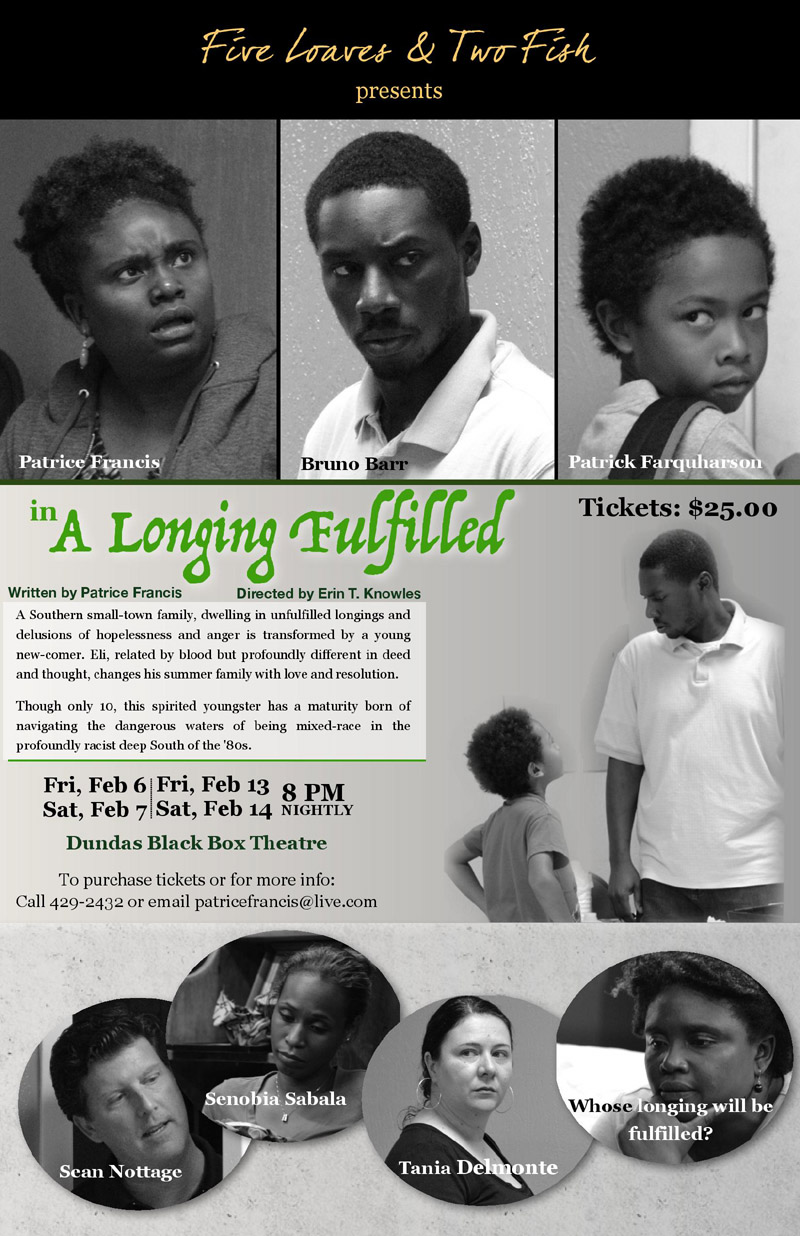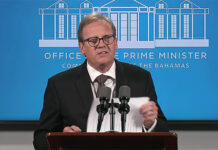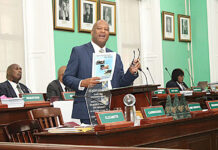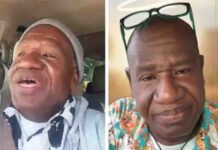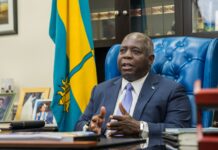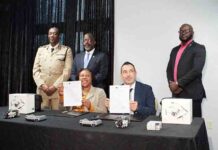REMARKS UPON THE OPENING OF LEGAL YEAR 2015
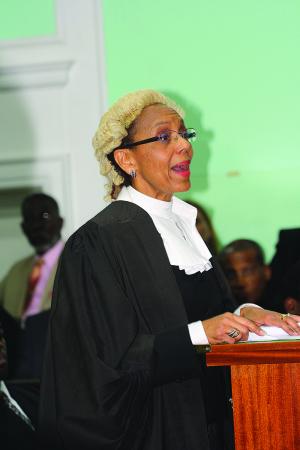
The Honourable Allyson Maynard Gibson, Q.C.
Attorney General and Minister of Legal Affairs of the Commonwealth of The Bahamas
January 14, 2015
May it please Your Lordship:
May I note that Justices Ian Winder and Deborah Fraser have joined the Bench and thank Justice Claire Hepburn has retired? We thank her for her service.
I also note the presence of the President of the Court of Appeal, Mrs. Anita Allen and other Justices of Appeal.
This week marks the second time that we, Citizens of the Commonwealth of The Bahamas, commemorate Majority Rule Day with a National Holiday.
My Lord, with your leave, I reflect upon the responsibilities that we inherited when we secured Majority Rule.
Through liberty, we accepted the challenge of hard work, enterprise and commerce, so as to secure prosperity for future generations and their loved ones. We took as our duty to safeguard the security of our brothers and sisters in Bahamian citizenship, such that they might enjoy the fruits of prosperity. And we vouched for justice to all Bahamians, meaning to ensure that any crime against our God-given freedoms was remedied with the appropriate sentence.
To embrace Majority Rule, therefore, was to understand and in fact deem with the deepest conviction that – in the words of British Prime Minister William Gladstone – “justice delayed is justice denied”. In the wake of recent attacks against these democratic values in Paris, these ideas are as vitally important today as they were in 1967.
The Bahamas – like so many of its fellow democracies – must never stop striving to fulfill the promise of its Freedom. My Lord – as I thank Hos Grace Archbishop Patrick Pinder for hosting the Bench and Bar at the Red Mass this past Sunday and His Lordship Bishop Laish Boyd and Dean Patrick Adderley for this morning hosting us at the Service for the Opening of the Legal Year, I thank them for reminding all of us upon whom our Legal system relies that we in particular have a special obligation to ensure that our nation never regresses in the face of challenges to our freedoms and our safety.
We must work to create a safer and better Bahamas for our children and our grandchildren.
If it please your Lordship, I would therefore like to take a moment to discuss how we are working to achieve this through our Swift Justice initiative.
Only through communication, cooperation and collaboration can we succeed. Each of us has a responsibility to communicate, cooperate, and collaborate to ensure Swift Justice and work towards a better Bahamas – a safer, more secure Bahamas where justice rolls down like a river and righteousness like an ever flowing stream.
By now, your Lordship, we know all too well the obstacles which were severely maligning our justice system:
__Witnesses who do not turn up for trial;
__Evidence that is not ready for trial;
__Transcripts that are not ready for trial;
__Scheduling conflicts for defence counsel; and
__Difficulties in empaneling juries.
Postponement of trials due to these issues leads to delays, backlogs and applications for bail. We know that serious offenders released on bail frequently violate their bail conditions and there is significant risk they will commit further crimes, interfere with and intimidate witnesses, and compromise ongoing investigations.
This exacerbates fear of crime and creates cynicism about the administration of justice.
That is why, in 2012, we reinstated the Swift Justice initiative. Swift Justice brings together stakeholders in the administration of justice at regular meetings so that through communication, cooperation and collaboration, focus can be brought to bear on ensuring that trials occur when they are set.
I must tell you that Swift Justice is showing promising results. Things are moving in the right direction, and we are making this progress within our existing resources.
Old cases are being thoroughly reviewed and prepared. Communication, cooperation and collaboration between the Office of the Attorney
General and stakeholders has led to excellent outcomes -utilizing existing resources. Allow me to share a few concrete examples:
__The time required to present a Voluntary Bill of Indictment(VBI) from laying of charges has decreased by 460% – from 344 days before October 2012 to 78 days, as of 31 December 2014;
__The number of cases disposed of by the Supreme Court heard has increased from 118 in 2012 to 200 in 2014, which is almost double;
__Supreme Court trials in 2014 yielded 54% guilty and 46% not guilty verdicts. Trials for murder and murder-related offences in 2014 resulted in 51% guilty verdicts and 43% not guilty verdicts.
No one is charged in a serious offence unless the Office of the Attorney General signs off that there is cogent and admissible evidence likely to lead a reasonable jury to convict AND that everything that can be on the case file prior the charge is on the case file. This means that once a VBI is served we are prepared for the matter to be set down for trial.
The Courts are also using new technology to efficiently and effectively manage time and processes, again through communication, cooperation and collaboration, at all levels of our justice system. For instance
__Bails, remands, and case management can now done by videoconference, with only those whose physical presence is required appearing in court; and
__Evidence is being received by videoconference – from Family Islands, Nassau and abroad.
These new initiatives save money and time so our security forces and legal system have more resources to address the backlogs; as well as to confront current challenges on the streets.
Analysis of Supreme Court bail applications from January to December 2014 is also instructive.
__Of applications for murder and related offences
– 55 were granted or varied and
– 97 denied, revoked or dismissed.
__Of applications for armed robbery and related offences
– 70 were granted or varied and
– 51 were denied, revoked or dismissed.
__Of applications for possession of a firearm or related offences
-36 were granted or varied and
– 13 were denied or dismissed.
My team and I have held important strategic meetings with the police, and significant decisions have been made to address the perception of a revolving door on bail, especially those involving the use of firearms. We shall continue to collate statistics and report on what we expect to be significantly different outcomes as a result of these strategic decisions. I thank the Commissioner of Police for his leadership and cooperation in this thrust.
In 2012 we identified four “escape routes” that prevented matters coming to trial in a timely manner:
__Unavailability of transcripts
__Inability to empanel juries
__Calendaring conflicts
__Lack of defence counsel
In fact, of the 43 delayed trials we’ve studied in the past year to determine the key factors contributing to the problem, we’ve been able to ascertain that 47% did not proceed because of the inability to empanel a jury; 21% did not proceed because the virtual complainant refused to pursue the matter; 16% did not proceed because defence counsel was not available to appear in court; and another 16% did not proceed because the defendant was unable to secure counsel.
It is often said that awareness is the first step to recovery – and this is most certainly the case in relation to the primary causes of trial delays.
So, while identifying these causes does not in and of itself solve our problem, it is fair to say that the deep understanding we now have of this challenge will allow us to develop effective policies to address it.
The court reporting unit has been revamped and new processes implemented; amendments to the Juries Act are expected to aggressively address empanelment issues; the Public Defender Unit should address defence counsel issuesand the integrated justice calendaring system together with hands on management of the process by judges should address defence counsel calendaring conflicts. On the matter of the Public Defender Unit, as I acknowledge the presence of the President of the Court of Appeal and other Justices of Appeal, let me thank her for her persistence in her call for a Public Defender Unit.
I thank the Prime Minister for his commitment to Swift Justice. The Executive has provided5 new state of the art courts; also, internet access, videoconferencing and the capacity to project digital images in almost all of the courts. And I thank the judges for using these facilities.
I also thank our partners the United States of America represented here today by Deputy Chief of Mission Ms. Lisa Johnson, the Commonwealth Secretariat and the Interamerican Development bank.
It is clear that these tools, which are a part of Swift Justice, along with the principles of communication, cooperation and collaboration that guide our work under this initiative, are making a positive impact on administration of justice.
In January 2014 we set a target of 270 matters to be disposed of in the Supreme Court. We believe that but for the aforementioned lost days, that target would have been met.
My Lord, in 2015 we will continue to enhance Swift Justice initiatives.
__We will complete introduction of digital recording in the Magistrates’ Court.
__We will bring swift justice to the magistrates’ Court by a targeted focus on revamping administration and processes.
__We will provide the resources and legal framework for a family court; community courts; and an environmental court.
__Increased focus will be brought to bear on the civil side of administration of justice.
__We will revamp the Office of the Attorney General in the Northern Bahamas.
__We will ask the Inner Bar to formalize the manner in which they will make pro bono contributions.
__And we will enhance public awareness including public reporting on Magistrates’ Court decisions.
It is clear that we are expanding the number of courts we have operational, and improving efficiencies in our existing courts.
This month alone, criminal trials will be held in 8 courts, and it is expected that criminal trials will commence in 10 courts in March 2015.
My Lord, by further increasing communication, cooperation and collaboration we hope to dispose of over 350matters before the Supreme Court in 2015. This will have a significant impact.
I believe if we work together on Swift Justice, our country’s “war on crime” will eventually be victorious so that together we can honour the sacrifices of our ancestors who fought for the freedom and democracy we all enjoy – the same freedom, democracy and security we want to bequeath to generations to come.
My Lord with your permission I wish to acknowledge the presence of and thank the Team at the Office of the Attorney General, led by Antionette Bonamy, Garvin Gaskin and Cynthia Gibbs and our Consultants Loren Klein, Cleopatra Christie and Bernis Pinder for their tireless hard work, dedication and patriotic service in pursuit of justice.
My Lord, I have known you for almost 50 years. I trust that your Lordship will regard this admission as expert qualification to speak about the Lord Chief Justice. Your Lordship is from a family dedicated to public service. Your Father, the late Arthur Barnett Sr. CMG, was honoured by Her Majesty the Queen for a lifetime of public service, including as Deputy to the Governor General. I am sure that he would be very proud of his son’s achievements, including those as Attorney General and Chief Justice. I would also like to honour and acknowledge his public service in being a family man and father figure. He and your Mother, Mrs. Beryl Barnett, here today, mentored a family larger than their own 9 children.
Your life journey, including your service to your beloved Catholic Church, especially as its Chancellor, prepared you for this moment in history. As well as having considerable intellectual prowess, legal acumen and a deep and abiding love of the law, you have always had a keen sense of Justice.
I will not abuse the time allotted to me traversing the many landmark Judgments delivered by you. For decades they shall speak for themselves. Rather, I acknowledge that the successes of which I spoke are in no small measure due to our commitment to the same vision. As friends and colleagues, we never differed on the goal of efficiency and fairness in the administration of justice.
There are many accomplishments and qualities for which the nation can thank you. Today I will focus on those once enumerated by the former Lord Chief Justice of the United Kingdom, Baron Bingham of Cornhill. On behalf of the Executive and in turn the people within our borders who stand under the protection of the Courts, I thank you My Lord Chief Justice, Sir Michael Barnett, for your dedication in patiently ascertaining the oft times unclear facts in matters before you; your intellect in developing and making law; and your humble and God fearing approach in the exercise of your judicial discretion.
We also thank your family – including your dear wife Lady Barnett, your children Michaela and Viola (counsel of this Honourable Court) and your Mother [all here today] for allowing you to sacrificially serve our Bahamaland as Chief Justice.
I paraphrase the Psalmist, Long may you live! May gold be given you. May people ever pray for you and bless you all day long.
My Lord, I thank you for your support of the principles Swift Justice which continue to undergird the Justice, Safety, Freedoms, Christian Values and the Rule of Law for which our forefathers so greatly sacrificed and which we celebrate today.
I continue to be humbled by the responsibilities of the Attorney General. I am excited to come to work every day. I pledge my support and that of my Team at the Office of the Attorney General to continued and enthusiastic pursuit of justice and service of the Bahamian people – and through them, Almighty God. May he abundantly bless our pursuits in 2015 and always.
—END–






